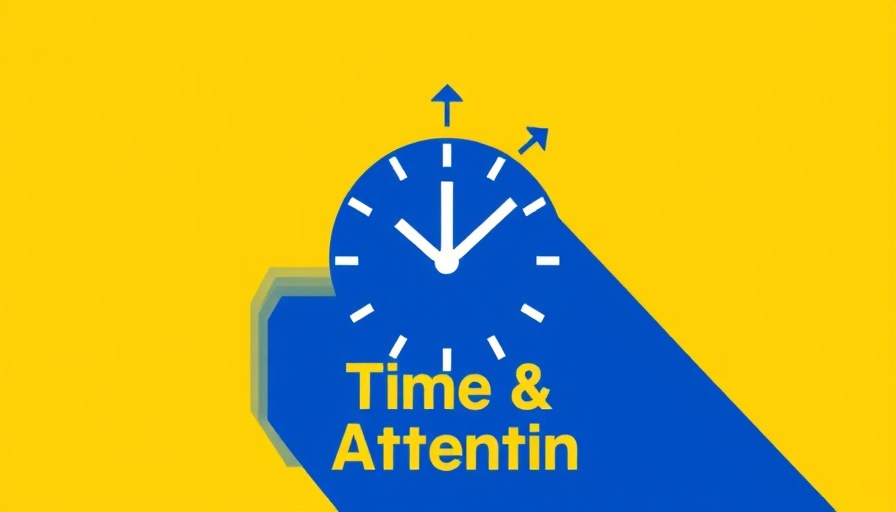
The Science of Focus: Understanding the Importance of Distraction-Free Environments
In our increasingly distracting world, cultivating a distraction-free focus ritual is not just beneficial—it’s essential. For busy executives and entrepreneurs, the ability to concentrate deeply on important tasks can dramatically affect productivity. Research shows that our brains are not wired to switch tasks quickly; instead, they thrive in environments where focus is prioritized. Understanding how to leverage your focus can lead to enhanced creativity and decision-making capabilities.
Crafting Your Personalized Focus Ritual: Essential Steps
Creating a distraction-free ritual hinges on customizing it to your personal preferences and needs. The essence of this ritual lies in its ability to help you seamlessly transition into a state of deep concentration. Here are critical elements to consider:
- Indulge in an Enjoyable Beverage: The act of making a warm drink can signal your brain that it’s time to focus. Whether it’s a soothing herbal tea or an energizing decaf coffee, enjoy the process of preparation.
- Harness the Power of Music: Listening to a focus playlist can enhance your ability to concentrate. Opt for instrumental music or ambient sounds that create a calm backdrop while you work.
- Use Technology Wisely: Employ distractions blockers and timers to maintain your focus. Applications like Freedom can help you block websites and notifications, allowing you to dedicate your time entirely to your task.
Time Management: Finding Your Focus Duration
Understanding your resistance to focus is crucial. The Pomodoro Technique—where you work uninterrupted for short, focused periods followed by breaks—can help you gradually extend your ability to concentrate. Start with manageable time blocks, such as 25 minutes of focus, followed by a five-minute break, and increase these intervals as your focus stamina strengthens.
Environmental Design: Cultivating the Right Space
The physical space you work in can significantly influence your ability to concentrate. Create an environment that minimizes distractions. Some effective strategies include:
- Disconnect from the Online World: Turn off your Wi-Fi or use airplane mode on your devices while working to prevent digital interruptions.
- Accountability Partnerships: Partner with someone who also seeks to focus. Sharing a work environment can foster mutual support and increase accountability.
- Keep a Distractions List: Jot down any distractions that come to mind during your focus time. This practice allows you to acknowledge these thoughts without acting on them, making it easier to return to your task.
Rewarding Your Productivity: The Importance of Breaks
After completing a focus sprint, it's vital to reward yourself. Engaging in energizing or pleasurable activities reinforces the positive experience of focusing. Whether it’s a quick workout, a walk outdoors, or indulging in a creative hobby, the key is to choose activities that refresh you and give you something to look forward to after working.
Future Insights: The Evolving Role of Focus Rituals in Tomorrow's Workplaces
As remote work and digital tools become more prevalent, understanding how to create rituals that minimize distractions will be critical. Future workplaces may benefit from design elements that cater explicitly to fostering focus. Think personal booths designed for uninterrupted work or the integration of technology that tracks focus patterns, helping individuals and teams maximize their productivity.
Emotional and Cognitive Benefits of Maintaining Focus
Maintaining a distraction-free focus ritual isn’t just about productivity; it’s about mental health and well-being. By training your mind to concentrate deeply, you cultivate a sense of accomplishment, reduce stress levels, and improve overall job satisfaction. A focus ritual empowers you to reclaim your time and energy in an age of constant distraction.
In conclusion, investing time in creating your personalized “distraction-free” focus ritual can transform your productivity and well-being. Implement these insights and steps to enjoy a more productive work life. Remember to reward yourself for your focus efforts, they play an essential role in crafting a sustainable productivity routine.
 Add Row
Add Row  Add
Add 




Write A Comment